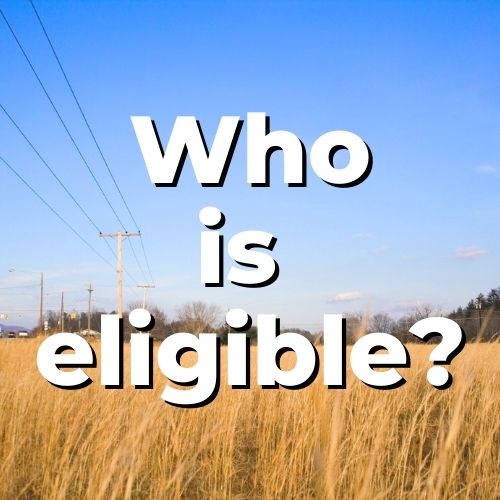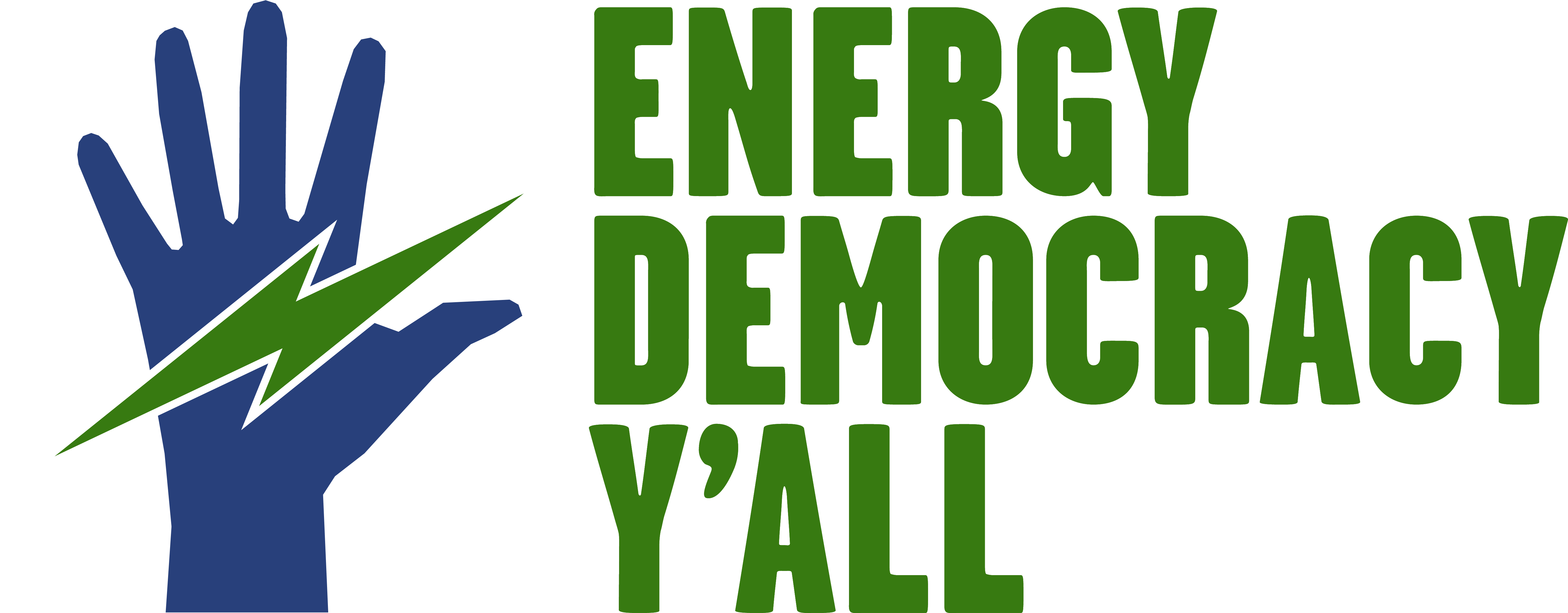THE USDA
RURAL ENERGY FOR AMERICA PROGRAM
(REAP)
An exciting opportunity for farmers and businesses to save money on energy bills!
 Farmers and rural businesses have a new opportunity to save money on energy costs and create backup systems to protect their energy supply during severe storms, thanks to new funding in the Inflation Reduction Act.
Farmers and rural businesses have a new opportunity to save money on energy costs and create backup systems to protect their energy supply during severe storms, thanks to new funding in the Inflation Reduction Act.
The U.S. Department of Agriculture’s Renewable Energy for America Program (REAP) has enabled thousands of farms and rural businesses to reduce energy costs by providing grants and loans to buy more energy efficient equipment, insulate buildings, and generate electricity with solar power and other renewable technologies.
The REAP program was expanded last year, and it now provides grants for 50% of the cost of these investments and loans up to 75% eligible project costs, including backup battery systems that can keep the power on even when the grid goes down. Eligible upgrades can also receive a 30% federal tax credit in addition to incentives from the REAP program.

Energy:
Minimum Grant request: $2,500 – $1 million max
Minimum Loan Assistance: $5,000 – $25 Million max
- Solar (feasibility studies might be needed)
- Wind
- Small hydro
- Anaerobic Digesters
- Biomass
- Geothermal
- Wave/Ocean power
*Electric vehicle chargers and battery storage can be funded but they have to be attached to energy producing project
Energy efficiency:
Minimum Grant Request: $1,500 – $500,000 max
Minimum Loan Assistance: $5,000 – $25 Million max
- Lighting
- High efficiency heating, ventilation and air conditioning systems (HVAC)
- Fans
- Doors and windows
- Automated controls
- Insulation
- Electric solar or gravity pumps for sprinkler pivots
- Switching from diesel to electric irrigation motors
- Replacing energy inefficient equipment
*Energy efficiency projects require an energy audit or assessment.
*Agricultural producers can also use guaranteed loan funds to install energy efficient equipment and systems for agricultural production or processing.

- Agriculture producers earning 50% or more in a rural or urban location
- Rural small businesses, operating in areas with a population of 50,000 or less with a net worth less than $15 million and annual income less than $5 million. Rural eligibility mapping can be found on the USDA’s website. If your area does not appear to be eligible, but you believe it is “rural in character,” you can still apply. Contact your state’s Office of Rural Development.
- Rural electric cooperatives

Applications are simple! The process for applying depends on the cost of the project. Applications can be found here and it’s recommended to speak with someone from your state’s Office of Rural Development prior to applying. Applications can be submitted online or emailed to your state coordinator.
Applications must be for projects that have not yet started.
Application Deadlines:
-
June 30, 2023 – Projects costing over $20k
-
September 30, 2023 – Any size project
-
December 31, 2023 – Any size project
-
March 31, 2024 – Any size project
What you need:
- 3 years of tax returns (if you’re a newer business or farm, contact your state coordinator)
- Employee payroll, if applicable
- Electric bill
- Project Quote from installer
- Financial documents of committed funds
- Your federal Unique Entity ID (SAM.gov)
Additional Resources
Eligible projects, like many energy efficiency upgrades and solar energy, are eligible for an additional 30% tax credits – Visit the Department of Energy’s guidelines to Making Our Homes More Energy Efficient
IRA Calculator from Rewiring America– use this resource to find out how much money you can get from the Inflation Reduction Act.
WNC- Energy CAP – Information and application assistance
Partner Community Capital, Contact Marten Jenkins MJenkins@partnercapital.org – Application assistance
Solar United Neighbors “Your Rural Business Can Go Solar” – REAP step-by-step guide
Have more questions? Contact Appalachian Voices’s North Carolina Field Coordinator, Maddy Koch maddy@appvoices.org
